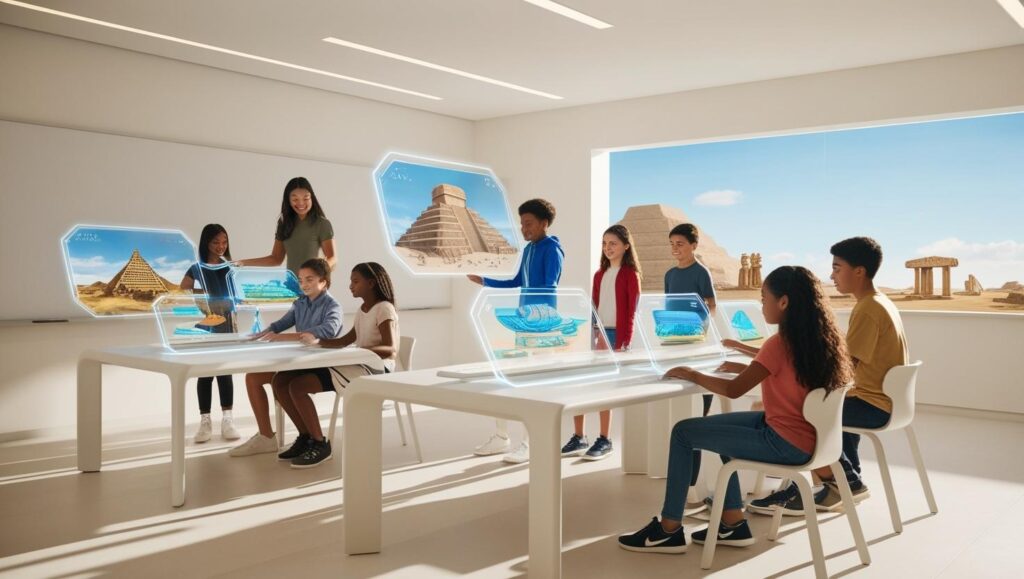Understanding the Role of Humanities
In today’s fast-paced, technology-driven world, the humanities remain a crucial part of education. Subjects such as philosophy, literature, history, and art help students develop critical thinking, creativity, and a deeper understanding of human culture. Unlike technical disciplines that focus on problem-solving through structured methods, the humanities encourage open-ended exploration and critical inquiry.

Why Humanities Matter in a Digital Age
With the rise of artificial intelligence and automation, some argue that humanities are becoming obsolete. However, this could not be further from the truth. The ability to analyze information, interpret texts, and understand different perspectives is more essential than ever. Humanities help bridge the gap between technological advancements and ethical considerations, ensuring that innovation serves society responsibly.
Furthermore, businesses increasingly seek employees with strong communication and problem-solving skills—both of which are nurtured by studying the humanities. Whether in journalism, marketing, law, or diplomacy, humanities graduates bring invaluable insights into human behavior and decision-making.

Humanities and Social Development
Beyond career opportunities, humanities play a vital role in shaping socially responsible individuals. History teaches us about past mistakes and successes, allowing societies to evolve with a sense of awareness and justice. Literature fosters empathy by exposing readers to diverse experiences, while philosophy helps us navigate complex moral questions.
Education systems that prioritize STEM (Science, Technology, Engineering, and Mathematics) without integrating humanities risk creating professionals who lack cultural awareness and ethical sensitivity. A well-rounded education combines both, leading to a more informed and compassionate society.
The Future of Humanities in Education
As education evolves, the integration of humanities with technology is becoming increasingly common. Digital humanities, for example, use computational tools to analyze historical texts, linguistics, and cultural trends. Virtual reality is being used to recreate ancient civilizations, allowing students to experience history in an immersive way.
To ensure the future of humanities, educators must advocate for interdisciplinary approaches. Combining data science with history, or AI with philosophy, can create innovative ways to address modern challenges. By doing so, we preserve the essence of humanities while adapting to contemporary needs.

Conclusion
The humanities remain a cornerstone of education, providing essential skills that technology alone cannot replace. By fostering critical thinking, ethical reasoning, and cultural awareness, humanities prepare individuals to navigate an increasingly complex world. As we move forward, embracing the synergy between technology and humanities will be key to a well-rounded and meaningful education.